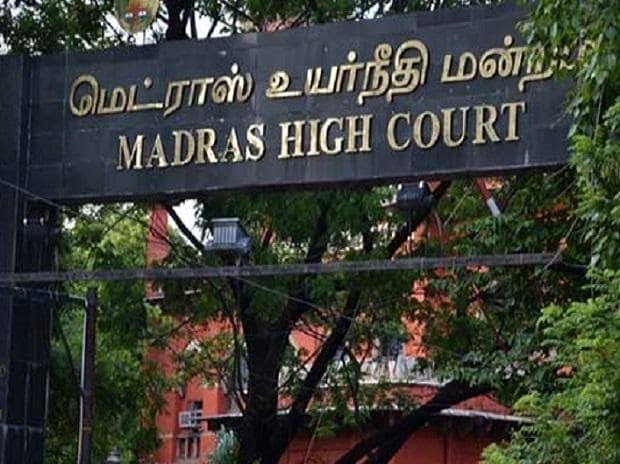


The Madhya Pradesh High Court has reiterated that the amended Section 13 of the Prevention of Corruption Act (‘PC Act’) would not obliterate the unamended Section 13(1)(d) as the same creates a vacuum in the law and goes against the principle of ‘Rule of Law’.An Assistant Engineer in the Department of Energy, Government of MP signed a false inspection report which stated that about 1000 lanterns had been received by the department when in reality none had been received. A doubt was cast upon the report and he was held prima facie guilty of submitting a false inspection report to cause loss to the government and corresponding financial benefit to the tenderer. The trial court took cognizance of the matter and framed charges under unamended sections 13(1)(d) and 13(2) of the PC Act, along with Sec 120-B of the Indian Penal Code (‘IPC’). The learned counsel for the petitioner challenged the framing of these charges and sought quashing of the charge sheet under Sec 482 of the Criminal Procedure Code (‘CrPC’) on the grounds that the chargesheet does not disclose any cognizable offence under either the PC Act or the IPC. He contended that the transaction was purely contractual and there was no element of criminality. He further averred that the petitioner had no power to accept the NIT in question or disburse the amount and that Section 13(1)(d) had been removed from the statute book and hence no charge could be framed under it.
He argued that the Amendment to Section 13 of the PC Act with effect from 26.07.2018 substitutes the unamended provision u/S 13(1)(d) of the PC Act thereby erasing the said unamended Section 13(1)(d) from the statute book and; as such, no offence under unamended Section 13(1)(d) of the PC Act could have been alleged against petitioner in the impugned order and charge-sheet.
The court noted that though the petitioner was not involved in the process of inviting, considering, or deciding the tender regarding the purchase of the tender, the inspection report stating that around 1000 lanterns were received by the department was signed by him, and hence, in the opinion of the court, no illegality or impropriety had been committed by the trial Court while taking cognizance and framing charges against petitioner regarding said offences. The question regarding whether the suspicion was strong enough to support the impugned charges framed or not was left for the trial Court to decide after the collection and marshaling of evidence. Further, while considering the challenge raised by the petitioner that the unamended Section 13 will be substituted by the amended Section 13 leading to the wiping out of the unamended Section 13(1)(d) from the statute books, making it unavailable to even be alleged, was dismissed as accepting it would lead to a vacuum in the law, which goes against the principle of rule of law. The court noted that accepting the concept of obliteration upon substitution of original provision by the amended one would also free the past offenders of the crime committed under the unamended Sec 13(1)(d) due to the application of Article 20 of the Constitution, and this can never be the intention of the law."The Rule of Law does not recognize the concept of vacuum in law at any point of time. Substitution of the unamended Section 13(1)(d) of the PC Act by amended Section 13(1)(d) of the PC Act admittedly leads to obliterating the unamended Section 13(1)(d) from the Statute Books w.e.f. 26.07.2018. Meaning thereby that offences which have taken place on or after 26.07.2018 would now be dealt with by the amended Section 13(1)(d) of the PC Act. Whereas the offences which occurred prior to 26.07.2018 would be dealt with by unamended Section 13(1)(d) of the PC Act. This view is bolster by provisions of Article 20(1) of the Constitution", the court said.Regarding the challenge on the grounds of the absence of mens rea, the court noted that the Investigation Agency was justified in believing that the report was prepared with mala fide intention since it was false, and the petitioner had not submitted any justification for the same.The court dismissed the petition and refused to interfere in the matter.
TAGS: Madhya Pradesh High Court Prevention of Corruption Act Section 13(1)(d) Amendment Rule of Law